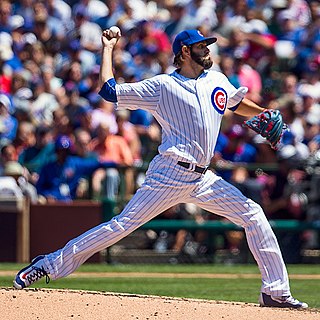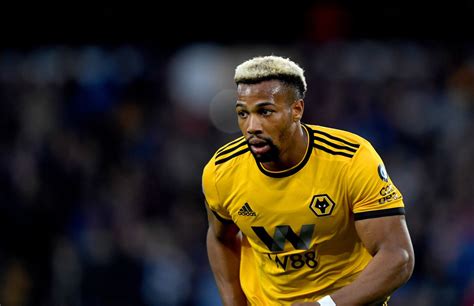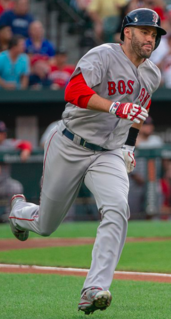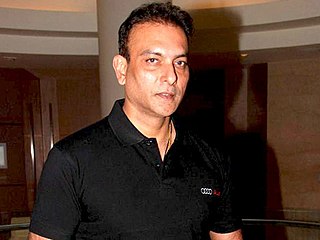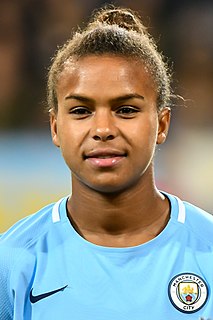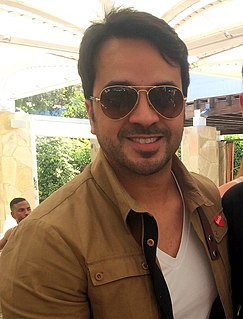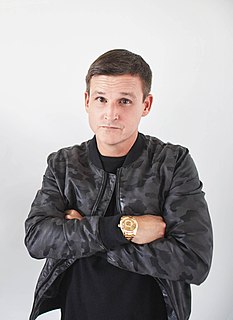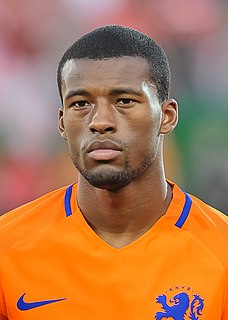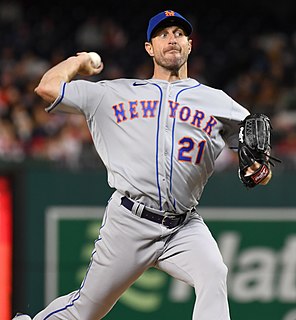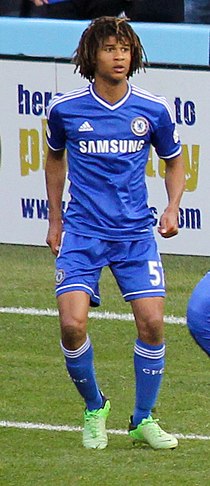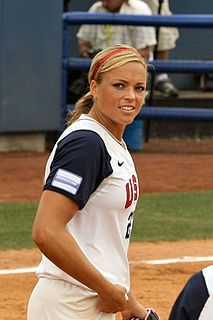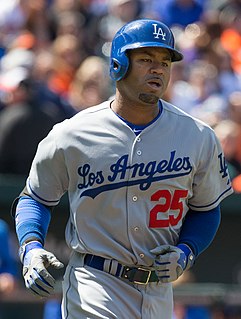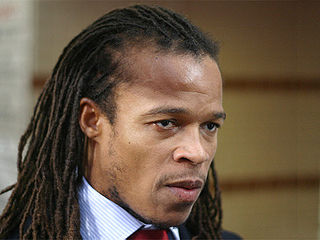A Quote by Jason Hammel
It's very important to go pitch-by-pitch and game-by-game and not getting too far ahead of myself. In the past, it was trying to make up for a bad game and thinking ahead and what do I have to do to fix this.
Related Quotes
When I'm in the game [softball], it's not so much mechanics. It's more of just trusting my teammates, trusting myself, trusting my preparation that we've put in to get there. When you're in the game, it's go-mode. There's going to be times when you're tweaking things but when you're in that game mode, you just want to think about that one next pitch.
